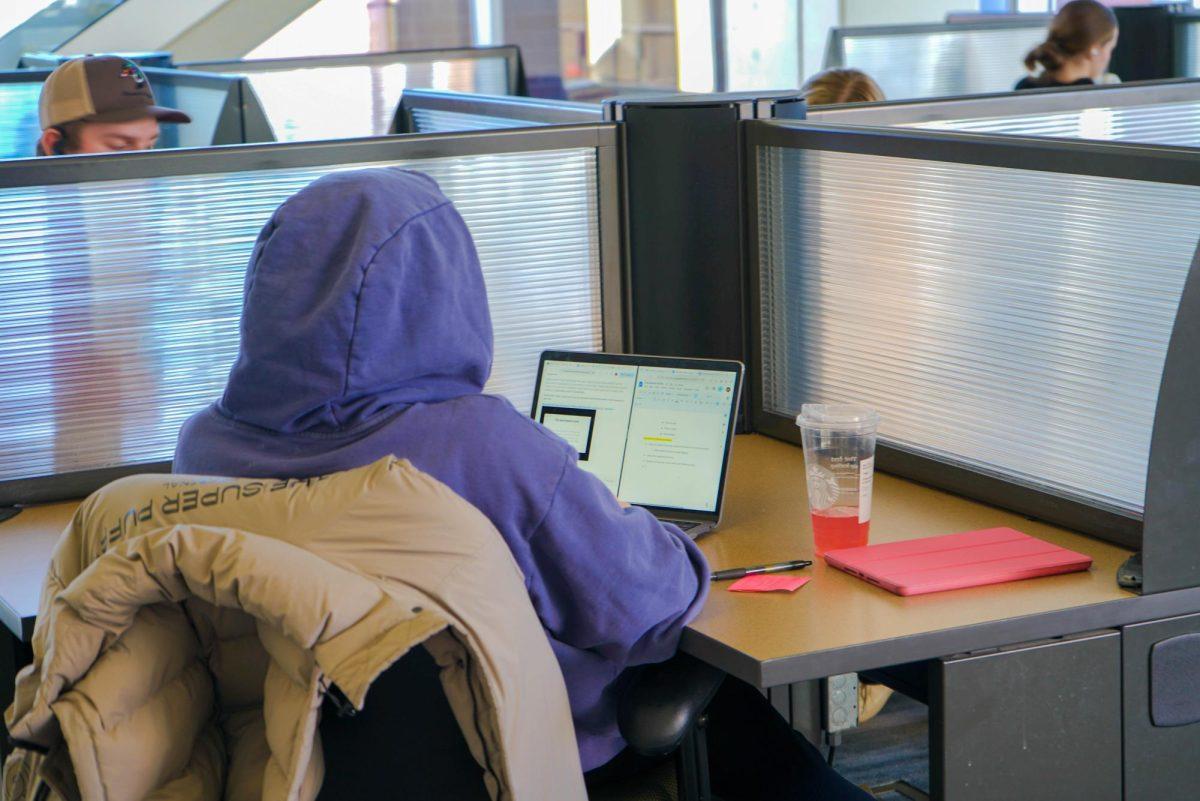The media can be misleading, and differentiating between objective reality and partisan misinformation is a difficult task. An increased reliance on the internet and social media has led politicians to become more concerned that citizens’ media literacy skills are lacking.
To combat this, 19 states have already introduced media literacy education into their curriculum, including California, Texas, Illinois, and New Jersey, according to a 2022 analysis by Media Literacy Now. All of these states have one common goal — teaching the youth to decipher fact from fiction. Media literacy teaches what questions to ask and how to spot bias, rather than defining which sources should be preferred to others, according to Media Literacy Now. This is the type of education states should be implementing.
Media literacy skills are extremely important for people to safely navigate their daily lives. According to studies from the Pew Research Center, the internet is unquestionably pervasive in our social functions — informing how we connect with each other and keep up with events happening in the world around us. Hasting Law Journal concludes that being able to make educated decisions at the individual level, consuming media in a proper and efficient manner, is critical to a functional democratic society. A certain level of education is necessary to be able to harness these skills.
Similar to how young children are taught how to type and use a computer in school, education on media literacy needs to be a priority and have the same level of urgency. This will teach youth how to weigh their own opinions against content the media exposes them to. But, media education is certainly not inherently free from the same partisan slants as the media itself. There needs to be a clear line between pushing political agendas and unbiased education.
Climate-positive headlines greenwash Wisconsin’s fossil fuel dependency
Many conservative lawmakers argue that instilling media literacy into education is another way to push “woke” ideologies, according to reporting from the Wisconsin Examiner. John D. Sailer, who is a senior fellow at the National Association of Scholars, strongly believes that this kind of education has the potential to change society and place the liberal agenda into the developing minds of young students.
Sailer’s argument about media education as a potential ideological trojan horse must be considered — especially in Wisconsin’s divisive political context. Society has become too focused on pushing political agendas, and according to a study from University of Pennsylvania political science professor Matthew Levendusky, the effects of exposure to partisan sources risks even further divide and animosity between ideological groups. Without unbiased media literacy education, these “woke” ideologies will continue to be pushed and teenagers will not be able to identify it.
An example of unbiased media literacy comes from the documentary “Trust Me.” “Trust Me” is a project created to inform people about the importance of media literacy. It claims the same explicit goal of unbiased media literacy education and how important decision making is.
In order to educate in a politically neutral manner, there must be guidelines. A perfect example of this is the way media literacy has been educated in New Mexico middle schools. One teacher in Albuquerque has mastered weaving in media literacy lessons to her curriculum by placing greater importance on life skills rather than explicitly addressing political topics, according to the Wisconsin Examiner. She explains that teaching students media literacy entails teaching them how to “have their eye” out for manipulation and persuasion tactics.
It is a concern that teaching media literacy in school deprives parents of having that responsibility for themselves and instilling whatever they think is best for their children. An unbiased and solely education-based curriculum aims at solving this concern, allowing parents to still have input in how their children process media.
Specifically in Wisconsin, this issue has an even greater effect. The state is known to be a contentious political arena — the swing nature of the state’s political lean draws stops from many national candidates on the campaign trail, according to ABC News. Because of this, politicians need to be very careful in how they address the issue within Wisconsin schools as the media has the potential to have a strong role in deciding which candidate, or party, receives the most votes. In order to help solve this, immediate and unbiased action must occur with the sole purpose of creating a more educated youth in mind.
Strong media literacy is essential to the people and students who vote in the state of Wisconsin, especially University of Wisconsin students. Many students are voting for the first time or are new to the right to vote. Politicians, news outlets, and social media become difficult to navigate and understand during election time. UW students must make media literacy a priority. There needs to be ways in which students can fully be able to process the information they are consuming. This can not happen without these strong media literacy skills.
More than 80% of Americans use the internet as a news source according to the Pew Research Center. Clearly, we will never be able to return to a society free from partisan media exposure. Media literacy education, then, and teaching Wisconsin students how to responsibly engage with media — rather than pushing certain outlets over others — becomes wholly important.
Jemma Lipman ([email protected]) is a freshman studying journalism.














